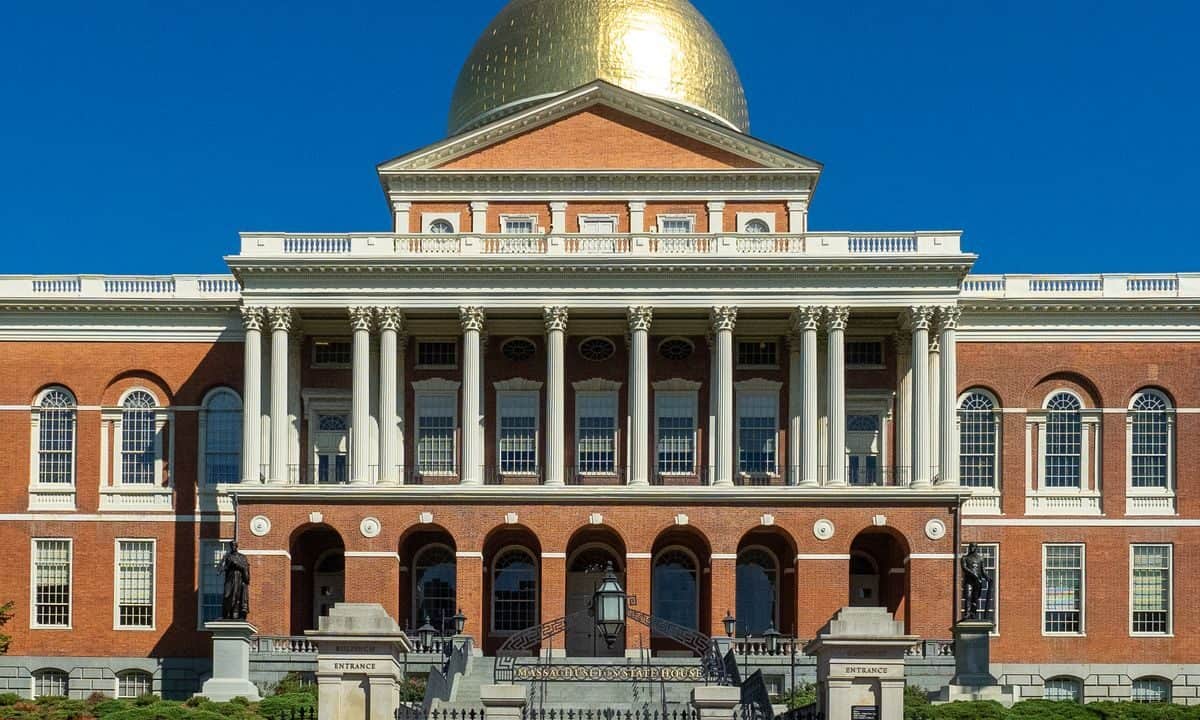 The Massachusetts State House in Boston by Ajay Suresh is licensed under CC BY 2.0
The Massachusetts State House in Boston by Ajay Suresh is licensed under CC BY 2.0
Massachusetts pro-tax advocates are again attempting to pass the so-called “Fair Share” Amendment, a graduated income tax that would drive taxpayers and jobs out of the state and devastate the economy. While proponents paint rosy pictures of the multitude of problems that can be solved with these extra funds, the reality is that the amendment simply opens the door for Beacon Hill liberals to raise taxes across the commonwealth. After abolishing the constitutional protection of a flat tax, Massachusetts lawmakers would be free to raise taxes as they pleased—and not only on the wealthy.
While an extra $2 billion in funds taken only from the 1% sounds like a good deal, the reality is much different. According to a study conducted by the Beacon Hill Institute, the tax hike would likely only bring in about half as much revenue as touted by proponents. This difference would then be made up by tax hikes on the middle class unless legislators found restraint to shrink the budget. In addition, the tax hike would also apply to one-time gains. That is, sales of homes and businesses could also push people over the threshold—people much less wealthy than the top 1%.
Proponents also fail to consider the possibility of wealthy residents leaving the state due to the tax hike. In 2016, the New York Post discussed the case of billionaire David Tepper, who left the state of New Jersey as a result of the tax burden rather than paying the state upwards of $140 million annually. Such a predicament is far from unlikely in Massachusetts, which ranks eighth among the states for most outward migration in 2020. That is, more people are already leaving the Bay State than coming in, many to low-tax states like Florida, South Carolina and New Hampshire, its neighbor to the north.
The aforementioned study projects that the amendment would lead thousands of families and private sector jobs to leave and the GDP to contract by hundreds of millions of dollars within a few years. Wealthy citizens have the means to relocate to maximize their interests, often taking their tax revenue, businesses, and jobs with them. The middle and working classes, then, would be left to shoulder the burden of higher taxes and reckless spending after being promised only a slight tax hike on the wealthy.
Sadly, Massachusetts pro-tax activists do not know when to quit. Six times in Massachusetts’ past have similar schemes been proposed and rejected: in 1962, 1968, 1972, 1976, and twice in 1994. Even in Illinois, a state dominated by a Democrat trifecta, voters rejected a similar proposal to change the state’s flat tax to a graduated tax. These voters recognized that such constitutional protections should not be discarded lightly.
The false promise of riches and prosperity at the small cost of a higher tax on the wealthy is a deception and not a solution to the state’s problems. Massachusetts is one of the lucky few states to have a flat tax written into their constitution, limiting the power of the government and protecting the taxpayer so long as they are willing to protect themselves. A repeal of the constitutional flat tax opens the door to more tax increases in the future—and not just on the 1%. Massachusetts voters would do well this November to vote to keep their taxes flat and fair rather than buying in to the “fair share” fantasy.

